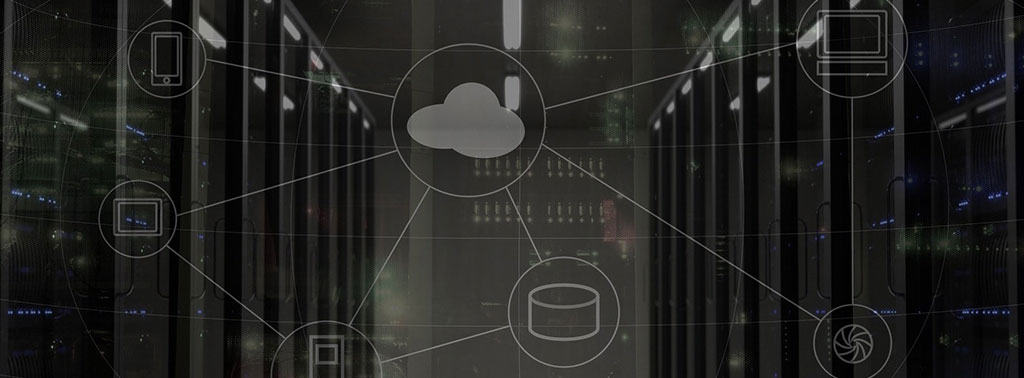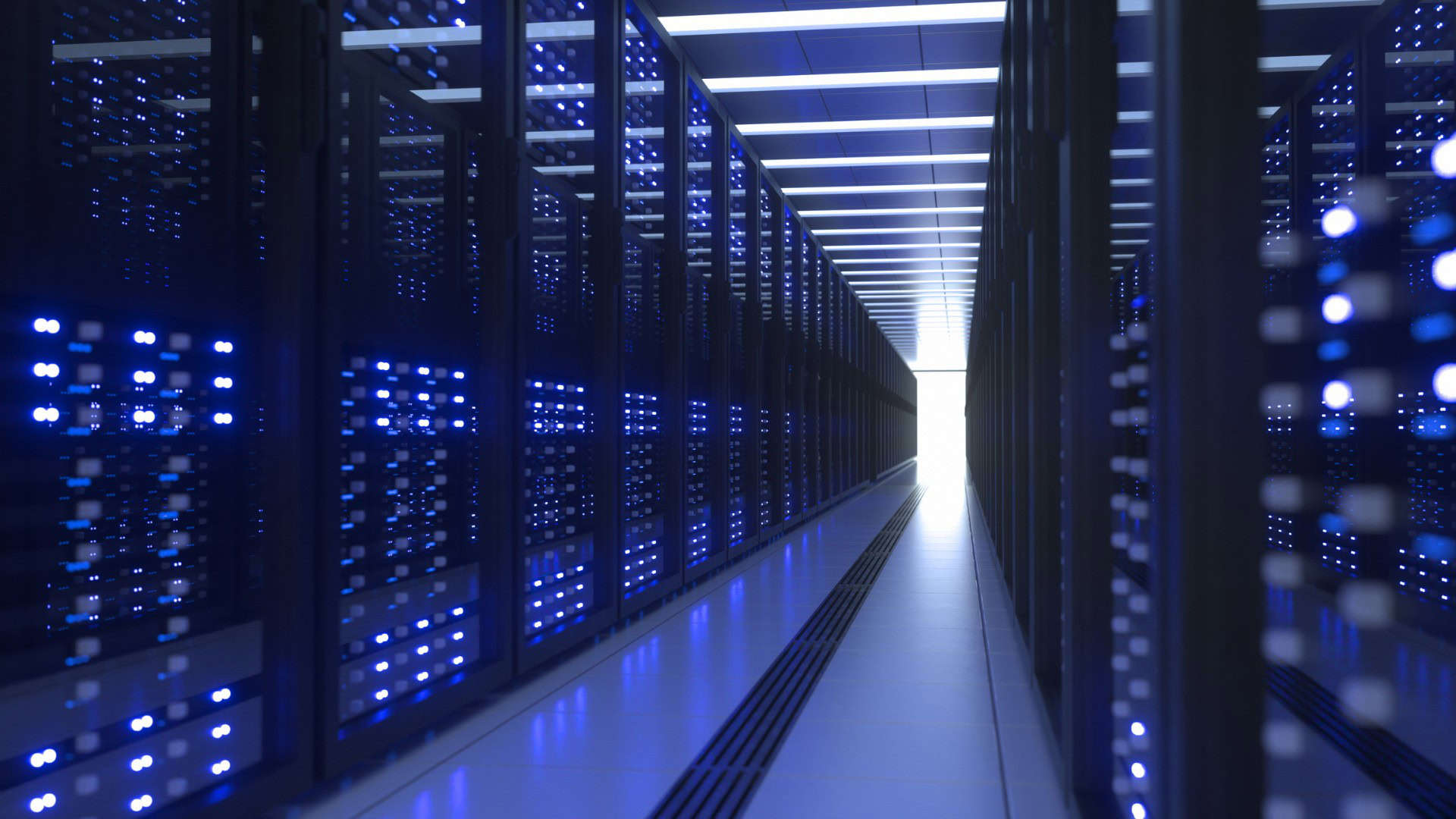Despite the huge growth in cloud computing adoption, there are still a few misconceptions which may be preventing some organisations from embracing the opportunities it offers. In this blog, we hope to give you a better understanding of cloud computing.
The historical comfort blanket of having data and application on a physical server (often left sweating away in a dusty cupboard or under a desk!) is something which a few are reluctant to cede. This belief that data is safer on an old server – and possibly one which does not have backups regularly checked – rather than a hosted solution can be extremely misguided for a number of reasons.
With a physical server, your eggs are very much in one basket. If you lose power or internet connectivity to your server, you will lose email or your entire systems. On the other hand, a reputable Cloud Provider will have data centres that are highly unlikely to suffer any outages, maximising your uptime and significantly lowering your risk.
Is Data Safer in the Cloud?
Again, this partly comes back to the comfort factor of having your data residing on a physical box in the office. The fact of the matter is that your server and data can be compromised by a user doing something as innocuous as clicking on a rogue link, or visiting a website infected with malware or worse. We have seen a few examples of Ransomware over the past 18 months and it tends to affect older, less well looked after servers. Regardless of that, the pain and inconvenience caused cannot be underestimated.
In addition to anti-malware, anti-spam and anti-virus, cloud providers will have physical security measures and redundancy that SMEs can only dream about.
Do you have a business continuity or disaster recovery plan in place? No? Cloud Providers will have one as a matter of course – go ahead and ask them!
My Data Will No Longer Be Mine
This is simply false, but an understandable misconception for those trying to understand cloud computing. When choosing a cloud partner, your contract should explicitly state that your data is indeed yours, and it will detail how to get your data back should you wish to in-house your IT or switch suppliers.
Understanding cloud computing: is it too Expensive?
On the face of it, for those with an existing server infrastructure, Cloud Computing may seem slightly more expensive. If you’re simply comparing hardware and software costs, it may not seem such a compelling argument from a cost-saving perspective.
However, it is important to understand cloud computing in terms of the costs related to the ongoing running of your server. These include electricity, air conditioning costs, security, office space, and related maintenance. Moving your systems into the Cloud allows you to benefit from greener computing by lowering your energy consumption. Cloud computing also saves a good proportion of your ongoing costs.
Is Cloud computing Better?
Depending on your criteria, yes! The majority of our clients now benefit from Cloud Computing and faster internet speeds will only see this trend continue.
As servers approach end-of-life, the arguments for Cloud Computing are compelling:
- You get a ready-made business continuity solution (in terms of your computer systems).
- Improved Services for remote users
- Reduced costs, including ongoing running costs
- Improved services
- Minimised risks
To understand how cloud computing can benefit your organisation:
View More



